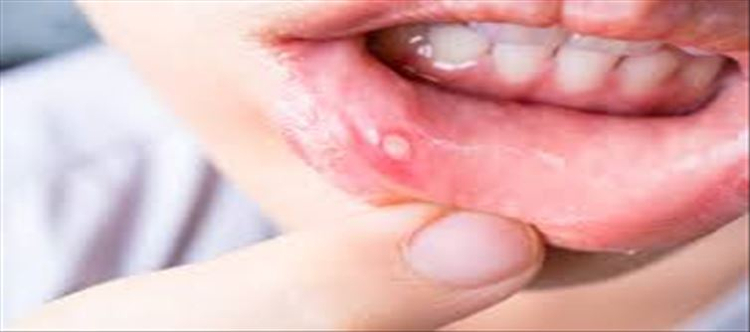
Gargling with a solution of warm water and salt, dissolving around half a teaspoon of salt in a glass of warm water, and rinsing the mouth multiple times a day can be highly effective. This aids in reducing inflammation and supporting healing. Applying a small quantity of honey directly to the ulcer is a beneficial home remedy. Honey possesses natural antibacterial properties and can offer relief while fostering the sore's recovery.
.jpg)
Coconut oil boasts anti-inflammatory and antimicrobial attributes. Applying a modest amount directly to the ulcer can alleviate pain and hasten the healing process. Sucking on ice chips or consuming popsicles can momentarily numb the area, lessening pain and swelling.
It's advisable to steer clear of spicy, acidic, or rough-textured foods that may exacerbate the ulcer. Additionally, opt for a toothpaste without sodium lauryl sulfate to prevent further irritation. Formulate a paste by blending baking soda with a small quantity of water. Gently apply the paste to the ulcer, leaving it for a few minutes before rinsing. Baking soda can neutralize acids and alleviate irritation.
Pharmacies stock gels or creams tailored for mouth ulcers. These products establish a protective layer over the sore, supplying relief. Adequate water intake ensures a moist mouth, diminishing irritation and discomfort. Some research suggests that deficiencies in specific vitamins, notably B vitamins and iron, might contribute to mouth ulcers. It's advisable to consult a healthcare expert before commencing any supplementation.




 click and follow Indiaherald WhatsApp channel
click and follow Indiaherald WhatsApp channel